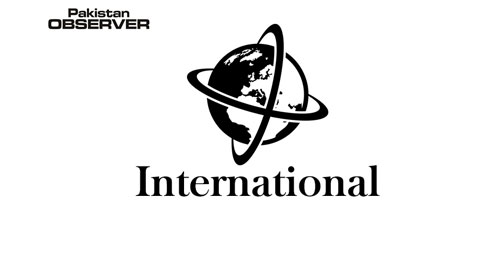United Nations
The UN Security Council voted unanimously Wednesday to renew for one year the mandate of the European military mission to Bosnia and Herzegovina, despite Russian opposition to the existence of an international high representative to the Balkan country.
The Security Council’s vote took place as the leader of the country’s Bosnian Serbs has been stepping up separatist threats and is accused of putting peace in jeopardy.
Russia, a powerful backer of the Bosnian Serbs, has strongly criticized the post of high representative.
Moscow refuses to even recognize incumbent Christian Schmidt of Germany, who has just succeeded the Austrian Valentin Inzko after 12 years in office.
Russia opposes the very principle of the post, calling it biased, and in 2019 demanded at the UN that the office of the high representative be closed.
“The post remains vacant. There is no high representative or candidate to be a high representative today,” said Vassily Nebenzia, the Russian ambassador to the UN.
Schmidt was not in fact invited to present his report to the Security Council, which observers said could have been a sop to clear the way for Russia to vote for the renewal of the European military mission, known as Operation Althea.
France’s UN ambassador Nicolas de Riviere on the other hand underlined the high representative’s “essential role in support of Bosnia and Herzegovina.”
The French diplomat also condemned “all forms of questioning of the territorial integrity and the existence of Bosnia and Herzegovina as a state.”
Bosnia has been split down ethnic lines since the war in the 1990s. Today its institutions are based on a complex system borne of the Dayton peace agreement of 1995 and built along ethnic community lines, with two autonomous entities—the Serbs’ Republika Srpska and the Muslim-Croat Federation—linked by weak central institutions.
Bosnian Serb leader Milorad Dodik has promised the formation of a Serbian army and wants to set up a raft of separate governing bodies while also abolishing the mandate for federal institutions inside the Bosnian Serb republic.
US Ambassador to the United Nations Linda Thomas-Greenfield expressed regret that Schmidt was absent and said that the “the sovereignty and territorial integrity of Bosnia and Herzegovina” were paramount.
The European Union Force in Bosnia has some 600 troops and in 2004 took over from the NATO peacekeeping mission.—APP









